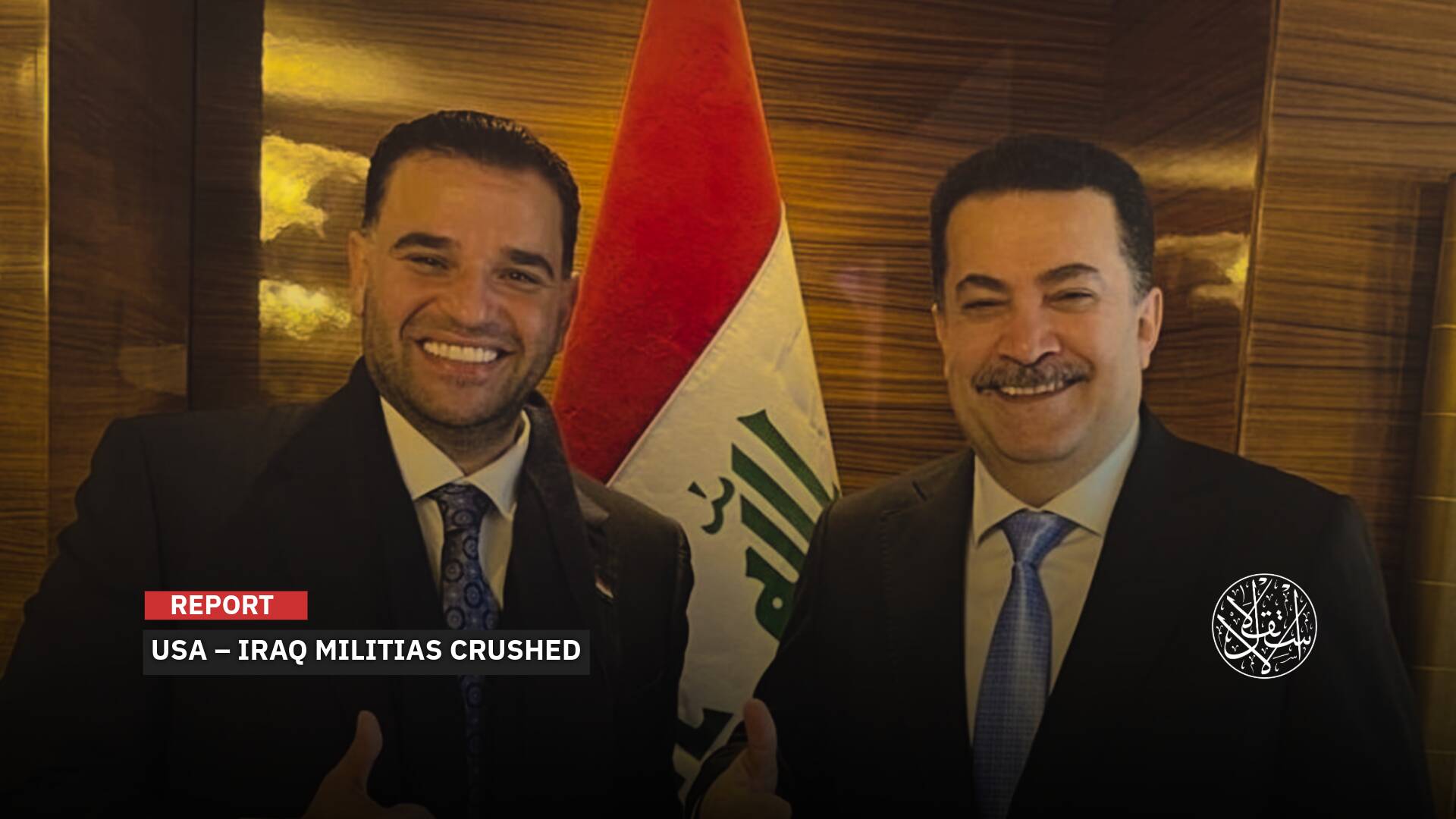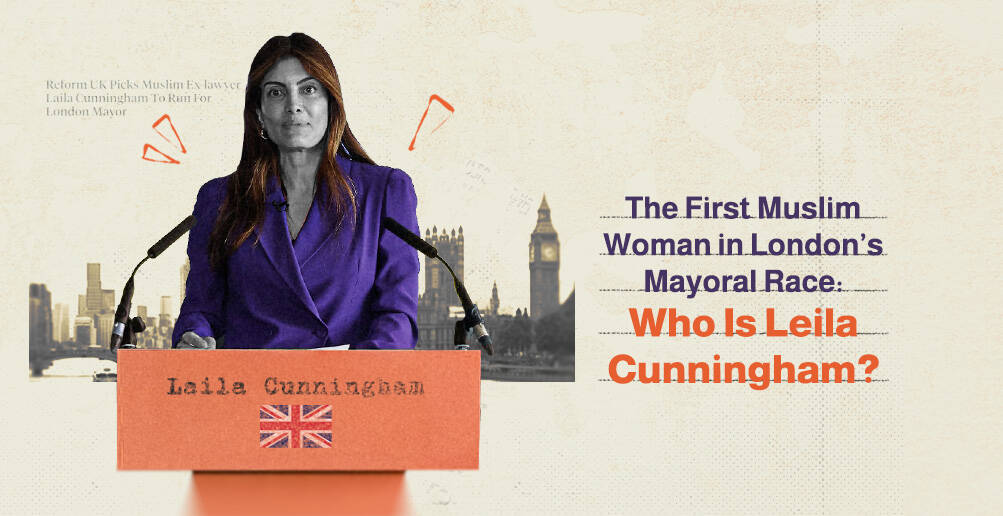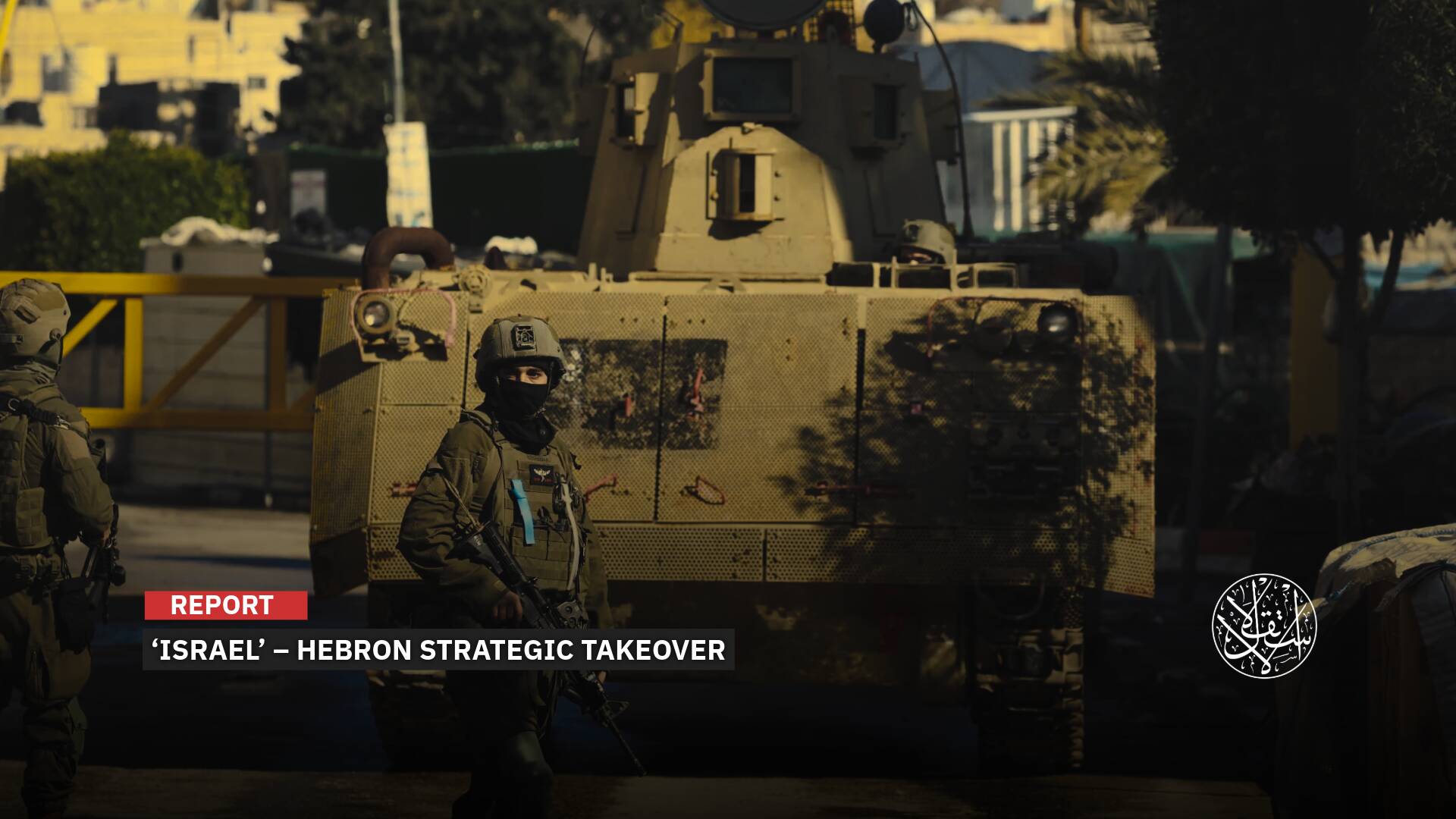Political Pressure Tool: How ‘Snapback’ Sanctions Deepen Tensions Between Iran and the West
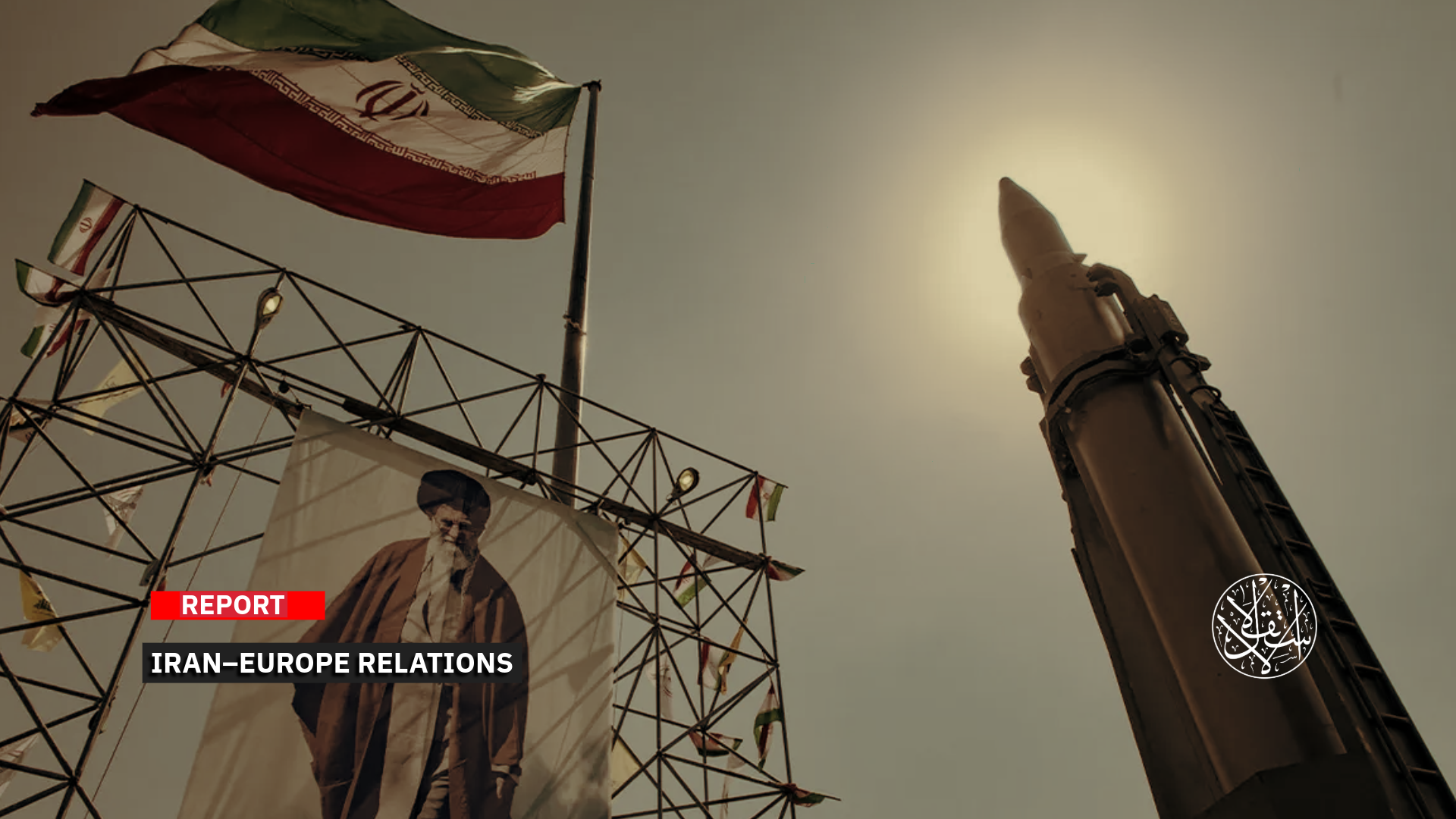
“Reimposing international sanctions on Iran would make the situation over its nuclear program more complex.”
In an interview on Fox News on July 21, Iranian Foreign Minister Abbas Araghchi declared that his country could not abandon uranium enrichment.
He noted that Iran had suspended cooperation with the International Atomic Energy Agency (IAEA), accusing the agency of complicity with the Israeli narrative and ignoring the strikes that targeted its nuclear facilities.
US President Donald Trump immediately commented on the interview via his personal platform, Truth Social, confirming that he would strike Iranian nuclear facilities again if necessary.
This development comes a day before the resumption of nuclear negotiations between Iran and the E3 (France, Germany and the UK), amid European threats to reimpose UN sanctions on Tehran, and amid doubts about the possibility of resuming nuclear talks between Tehran and Washington.
In addition to the European threat to activate the snapback mechanism, the U.S. has demonstrated unprecedented support for “Israel”, indicating the possibility of a new US cover for a potential Israeli attack against Iranian nuclear facilities in the coming days.
In response, Iranian Foreign Ministry spokesman Esmail Baghaei commented on the news, saying that any move by the Europeans to activate this mechanism would be considered a direct confrontation and clash, warning that Iran would respond appropriately.
Fragile Negotiations
Axios reported that the U.S. and major European countries have set August 31 as the deadline for reaching a new nuclear deal with Iran; otherwise, sanctions lifted under the 2015 deal will be reimposed.
It reported that US Secretary of State Marco Rubio and his counterparts from France, Germany, and the UK agreed on this timing during a phone call on July 14, in a move aimed at coordinating Western positions on the future of the Iranian nuclear file.
According to sources, the E3 intends to activate the snapback mechanism, which would automatically reimpose all UN Security Council sanctions on Tehran if diplomatic efforts fail before the deadline.
Europe has demanded that Tehran allow the return of International Atomic Energy Agency (IAEA) inspectors to Iran and adopt a more transparent policy regarding its nuclear program, including enriched uranium, in exchange for refraining from activating the mechanism for the time being.
On the other hand, officials in Europe and “Israel” have expressed concern that the Trump administration may pressure European allies to postpone this step, fearing it could harm potential negotiations or increase regional tensions.
In response, the Iranian Foreign Ministry has accused Britain, France, and Germany of being responsible for the failure of the 2015 nuclear deal due to their failure to fulfill their commitments.
It noted that the European parties were negligent and deceived and did not implement their obligations under the deal.
These threats come at a time of heightened tension in the Middle East following Israeli and American strikes on Iranian military sites and nuclear facilities that began on June 13, which led to the freezing of the already fragile negotiations between Tehran and Washington. However, the talks are scheduled to resume in Istanbul on July 25.
Before the recent Israeli-Iranian war, Tehran and Washington held five rounds of Omani-mediated nuclear talks, but they faced major obstacles, such as Iran's uranium enrichment, which Western powers seek to reduce to zero to reduce any risk of weaponization.
The Trump administration has insisted that Iran must completely halt enrichment in exchange for a third-party supply of uranium for civilian uses.
For its part, Iran rejected this request, proposing instead to temporarily suspend enrichment and freeze its stockpile of enriched uranium in the form of nuclear plates, in exchange for the lifting of US sanctions.
Before the US-Israeli strikes, Iran was enriching uranium to 60%, slightly below the 90% needed for military use, but far exceeding the 3.67% enrichment limit set by the nuclear agreement.
The International Atomic Energy Agency, the UN's top nuclear watchdog, says no other country has enriched uranium to this level without producing nuclear weapons.
While Tehran maintains that its nuclear program is solely for civilian purposes, Western countries believe there is no civilian justification for enriching to such a high level.
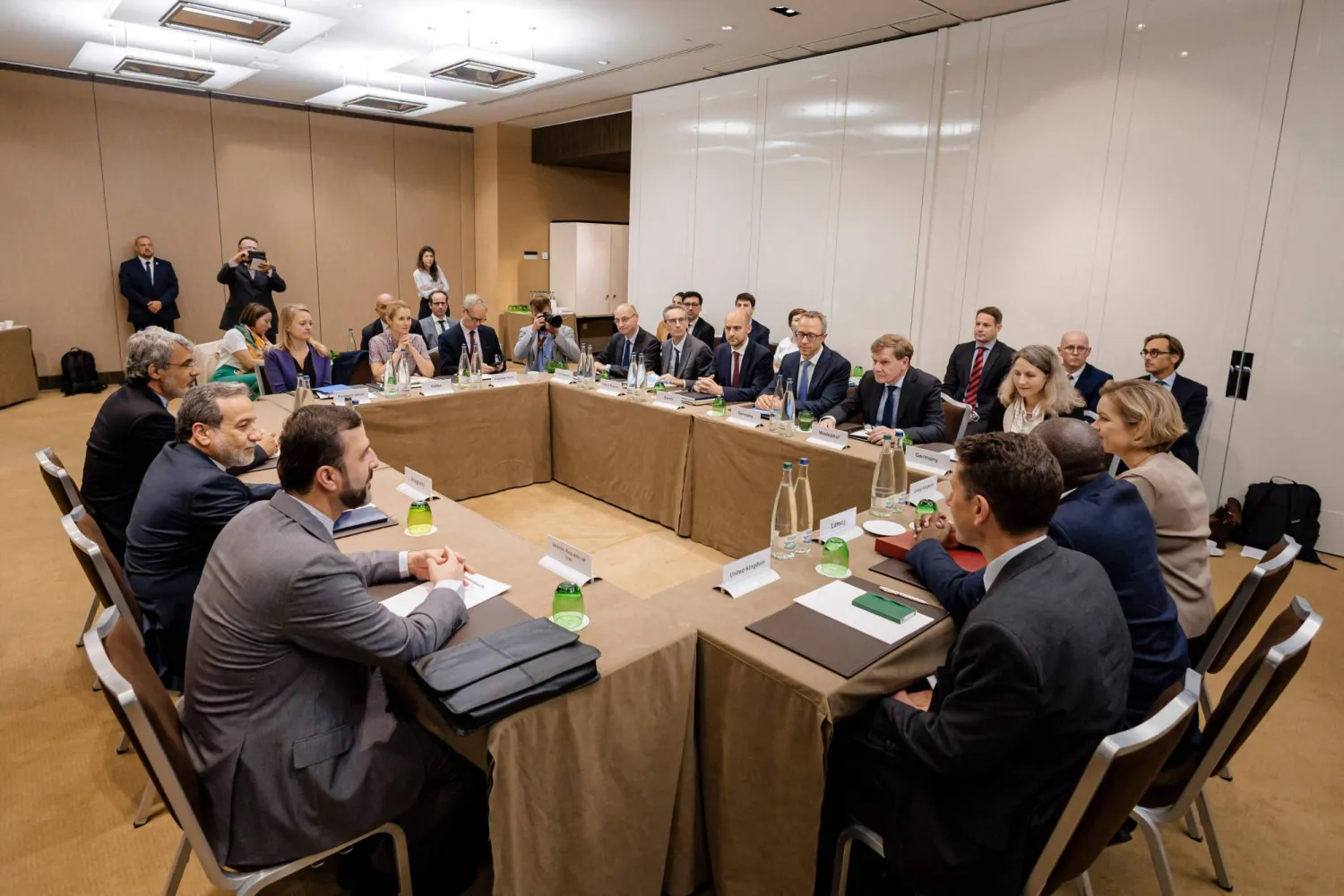
Snapback Mechanism
The shift in tone among the E3 reflects not only diplomatic discontent, but also the result of strategic buildup over the past three years, particularly with the escalation of Iranian activities outside its borders.
According to observers, the European threat of snapback is not just a message to Tehran, but also a warning to Beijing and Moscow that Europe will not remain hostage to Security Council paralysis.
They described the E3’s decision as a real test of the European Union's ability to act as a unified geopolitical bloc in vital crises.
Recent years have seen a gradual loss of Europe's standing on the Iranian nuclear file, particularly after the U.S. withdrew from the deal in 2018, and with Europeans hesitant to impose strict sanctions later due to repeated Iranian violations.
In September 2020, European countries resisted US efforts to activate the snapback mechanism to restore UN sanctions on Iran.
However, these countries now accuse Tehran of failing to comply with its commitments under the nuclear agreement and threaten to activate the mechanism, which expires on October 18.
The snapback mechanism originates from the landmark 2015 nuclear deal (JCPOA) and is included in UN Security Council Resolution 2231.
If Iran commits a significant breach, any party to the deal (France, the UK, Germany, Russia, and China) can submit a formal request to the Security Council to restore sanctions.
A 30-day countdown then begins, and if the Council does not vote to continue lifting the sanctions, they are automatically restored, without Russia or China being able to exercise their veto power.
The mechanism poses a significant threat to the Iranian economy, particularly as it reimposes a comprehensive international arms embargo, restricts the transfer of nuclear equipment, and imposes severe banking and insurance restrictions.
For Europe, the snapback is a last diplomatic option before the agreement expires on October 18.
The Europeans' adherence to the US-Israeli position, which refuses to allow Iran to maintain its ability to enrich uranium on its territory, represents the main difficulty in the upcoming Istanbul meeting.
This difficulty was highlighted in last month's Geneva meeting, which led to no results.
The Iranian authorities have made enrichment a matter of life and death, and it was the main reason for the failure of five rounds of indirect negotiations between Tehran and Washington.
The Europeans also want to raise the issue of Iran's ballistic missile program and Tehran's destabilizing regional policy through its support and arming of its various proxies in the Middle East.
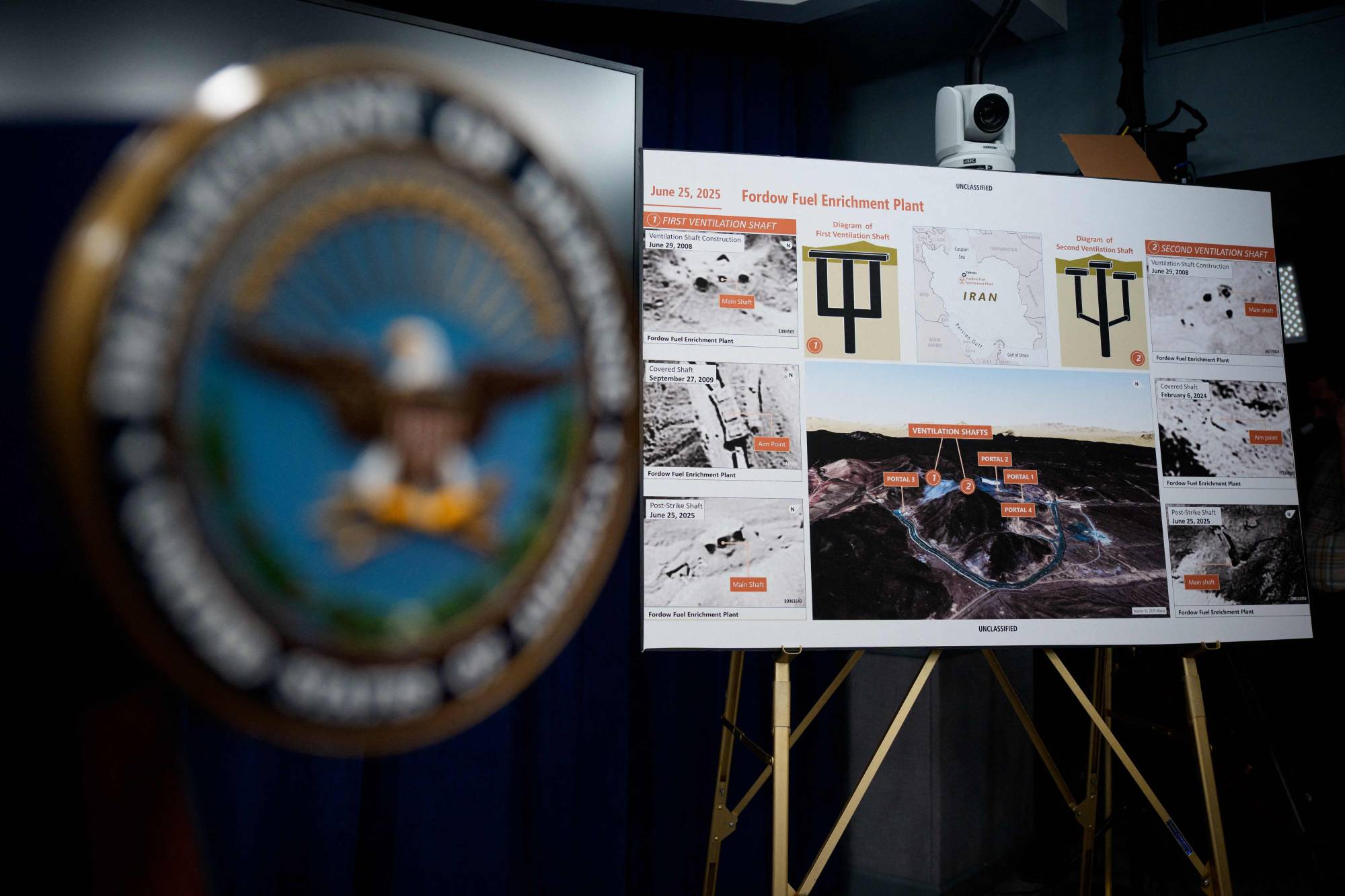
Iranian Responses
Iran denounced the European threats, denied that its nuclear program has military motives, and warned that any activation of the snapback mechanism would further complicate the crisis.
For weeks, Iranian Foreign Minister Abbas Araghchi has been warning the Europeans against taking this step.
“By doing so, they will lose any possibility of playing any role in the Iranian nuclear file,” he said on July 12.
On July 18, following a call with his three European counterparts and the EU's foreign policy chief, he wrote on X that “the Europeans had lost any moral or legal basis for re-imposing UN sanctions.”
In a letter addressed to UN Secretary-General Antonio Guterres on July 20, he argued that “the Europeans had lost their status as a party to the nuclear deal because of their support for the Israeli and US strikes.”
Iran did not limit itself to denouncing and blaming Iran.
In June, Iran’s parliament voted to suspend cooperation with the IAEA after the ceasefire with “Israel”, demanding security guarantees.
On July 17, the Kayhan newspaper called for the enactment of a law to withdraw Iran from the NPT to deter snapback.
A prominent lawmaker revealed that Parliament will vote to withdraw from the Nuclear Non-Proliferation Treaty within 24 hours of any move to restore sanctions.
Parliamentary National Security Committee Chairman Ebrahim Azizi warned of an unbearable response from the E3 if they move the Iranian nuclear file to the Security Council.
It is worth noting that Iran has long used the Strait of Hormuz and security commitments to combat smuggling as leverage against Western policies regarding its nuclear program.
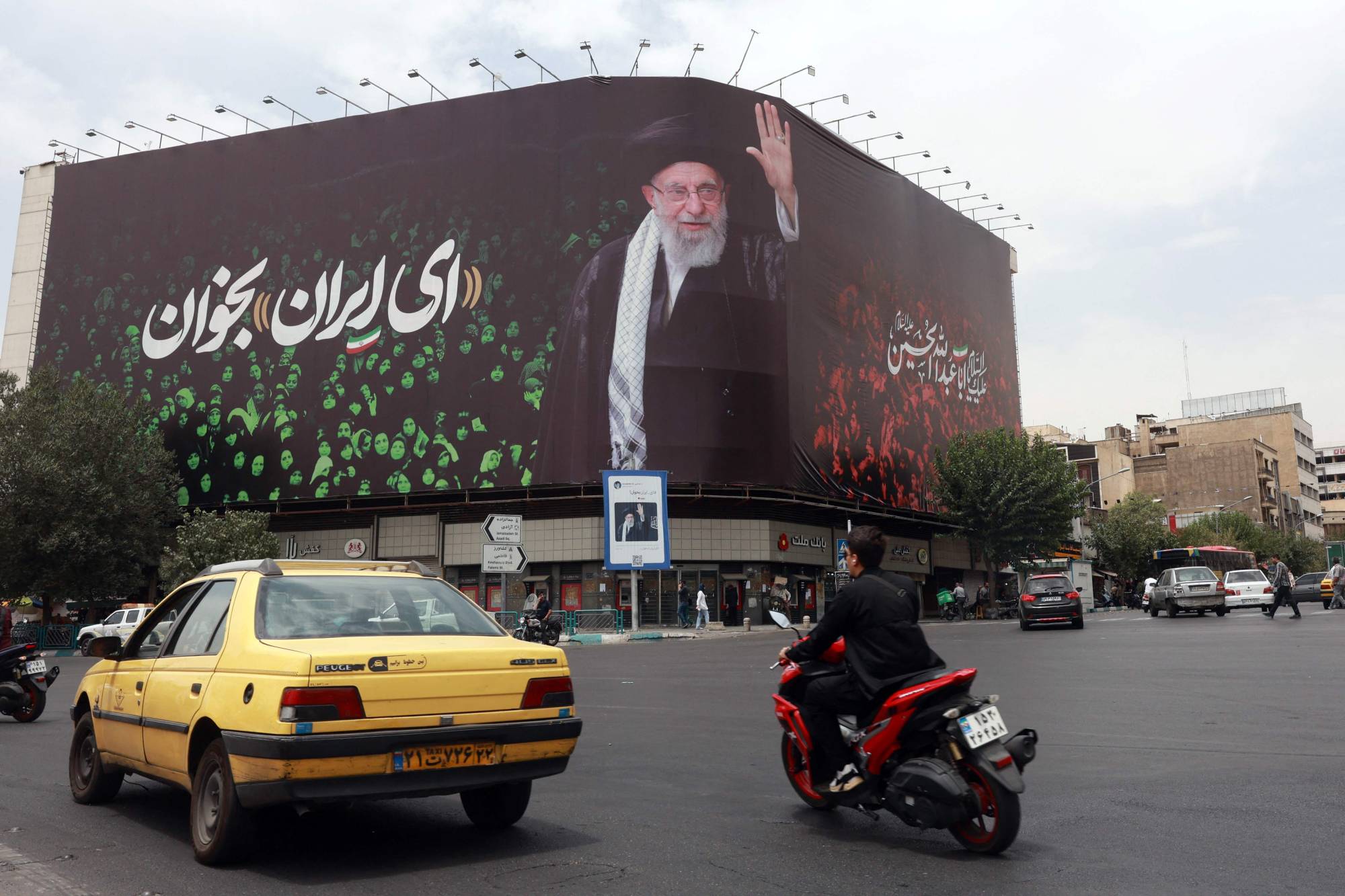
In parallel with these statements, Tehran has also intensified its diplomacy, seeking to mobilize Moscow and Beijing to support it in the Security Council, despite the frustration it feels with them over their lack of solidarity during the past month.
On July 22, Ali Larijani, advisor to Iran's Supreme Leader, visited Russia and met with President Vladimir Putin in an attempt to gain more Russian military support and persuade Russia to play a stronger role in the upcoming nuclear negotiations.
On the same day, diplomats from the three countries held a meeting in New York regarding the future of Iran's nuclear program and how to avoid the reimposition of UN sanctions on Tehran.
A high-level meeting with Russian and Chinese officials was also held in Tehran, as reported by IRNA state news agency.
Iran had intensified its consultations with its Russian and Chinese allies after the recent Israeli-American attack, with the aim of gaining their support, particularly in the area of restoring Iran's defensive capabilities, specifically air defense systems and advanced fighter jets.
Iran believes that “Israel” may renew its attacks soon, and is therefore moving to close some gaps and prevent the establishment of any new security equations that are unfavorable to it.
Last week, the Etemad newspaper predicted that Iran is trying to persuade Russia and China to withdraw from the 2015 nuclear deal, frustrating any European efforts in this regard.
However, such an eventuality may not occur without complex Russian-Chinese political calculations, especially since both countries may see their interests in not responding to Iran's demands, which could leave the situation open to several possibilities, according to observers.
Sources
- Iran will not give up nuclear enrichment, top official confirms in exclusive Fox News interview
- Iran faces stiff sanctions if no deal by end of August, U.S. and allies agree
- Iran Considers Leaving Nuclear Treaty if Snapback Sanctions Triggered
- Iran nuclear program: What is the ‘snapback’ mechanism?
- Iran, Russia, China meet in New York to align on snapback risk









